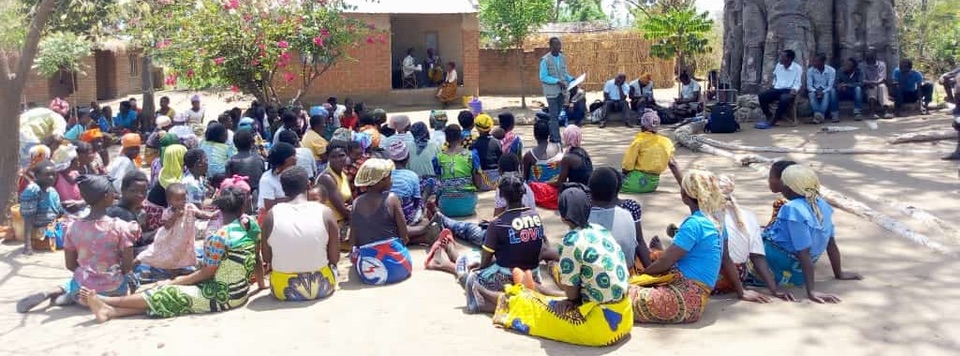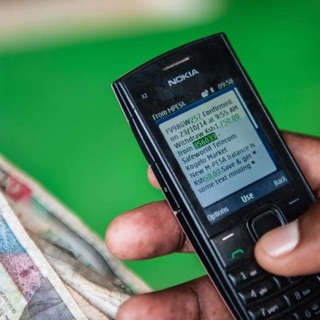
Podcast: Play in new window | Download (Duration: 18:11 — 16.7MB)
Subscribe: Google Podcasts | Spotify | Android | RSS | More

Despite large investments in aid programmes, poverty and hunger remain persistent problems in many parts of the world. Most aid, though, gives people what the donors think they need. What if you give poor people cash, to spend as they see fit? The leader in this field is a charity called Give Directly, started by students at Harvard and MIT after their research showed that a lot of philanthopy was both very inefficient and not very effective. Unconditional cash has greater impact, at lower cost, than skills training, microcredit, farmer field schools and just about every other form of aid.
Does cash enable people to improve their food security and nutrition? That’s what I wanted to find out from Give Directly staff in Uganda and Malawi.

Notes
- The impact of unconditional cash is seen in many areas, not just health and nutrition. Give Directly’s research on cash transfers provides summaries of evidence.
- The specific study Miriam Laker-Oketta referred to is Benchmarking a WASH and Nutrition Program to Cash in Rwanda.
- Photos taken from the Give Directly website.

Latest episode looks at how unconditional cash can reduce hunger and improve nutrition for people living in poverty. Talking to @GiveDirectly people in Uganda and Malawi.
eatthispodcast.com/cash/
Very interesting episode, Jeremy! Thank you.
Very surprising, positive outcomes from giving cash directly! I had my doubts, but will now look into this mode of aid a bit further. Thanks for bringing it up.
Latest episode looks at how unconditional cash can reduce hunger and improve nutrition for people living in poverty. Talking to @GiveDirectly people in Uganda and Malawi.
eatthispodcast.com/cash/